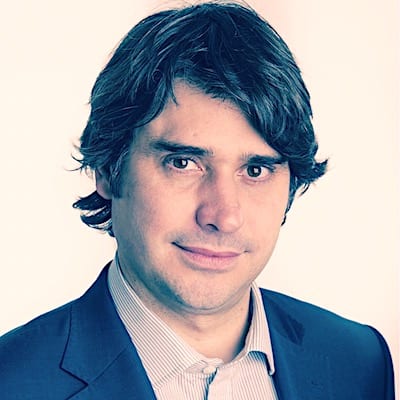Venezuela’s vulnerability to blackouts imperils the country’s response to the COVID-19 pandemic
The health of Venezuela's power system has not visibly improved since the massive blackouts of March 2019 that plunged the country into widespread and prolonged darkness. As the global coronavirus (COVID-19) pandemic spreads to Venezuela (at time of writing Venezuela has 159 confirmed cases, a number that is comparatively low but rising and very unreliable), another major power grid failure could rapidly trigger a severe health crisis there.
Venezuela's blackouts stem from failures across the power sector: it lacks spare parts, fuel, qualified technicians, upkeep and investments. Only about one third of the country's installed power generation capacity is operational today, and most of this functioning capacity is hydro plants. Yet Venezuela's dry season is now starting, limiting hydro generation levels. The dry season also brings wildfires that test the transmission system if the clearing of vegetation is not done properly (wildfires began the March 2019 blackouts).
The state of the power system will shape Venezuela's ability to respond to the COVID-19 pandemic. Electricity is needed to run ventilators and other critical hospital equipment, to disseminate health information and coordinate the response of emergency workers, and to bring water to Caracas—the capital's water supplies depend on pumping stations powered by rundown thermal power plants.
Unfortunately, repairing the decrepit power system will take billions of dollars and many years—too long compared with the virus' rapid propagation. To diminish the risk of crippling blackouts in the short term, Venezuela will need to apply "band-aid" solutions: the acquisition and installation of mobile generation units, the strategic curtailment of power supplies to bring power where most needed, and the rapid execution of basic system maintenance—including on the critical transmission lines and substations connecting Venezuela's eastern hydropower cluster to the rest of the country.
Completing even barebone duties to avoid simultaneous blows from COVID-19 and blackouts will challenge this country damaged by power struggles, widespread corruption, economic meltdown—now exacerbated by the collapsing price of oil, Venezuela's main source of revenue—and the exodus of skilled labor. There is little indication that the Maduro government and the military, which now oversees the power system, can pull it off.
If the government of Nicolás Maduro is unable to contain a COVID-19 outbreak in Venezuela, then the likelihood that the military overthrows him increases somewhat. Removing Maduro from power is more likely if there are also consistent fuel shortages, a full collapse of the electricity grid, a lack of financial and medical support from China and Russia, increased pressure from the international community, a collapse of public and private hospitals, and an inability by the security forces to contain widespread looting.
Learn more about our Latin America power analysis.
This article was published by S&P Global Commodity Insights and not by S&P Global Ratings, which is a separately managed division of S&P Global.

